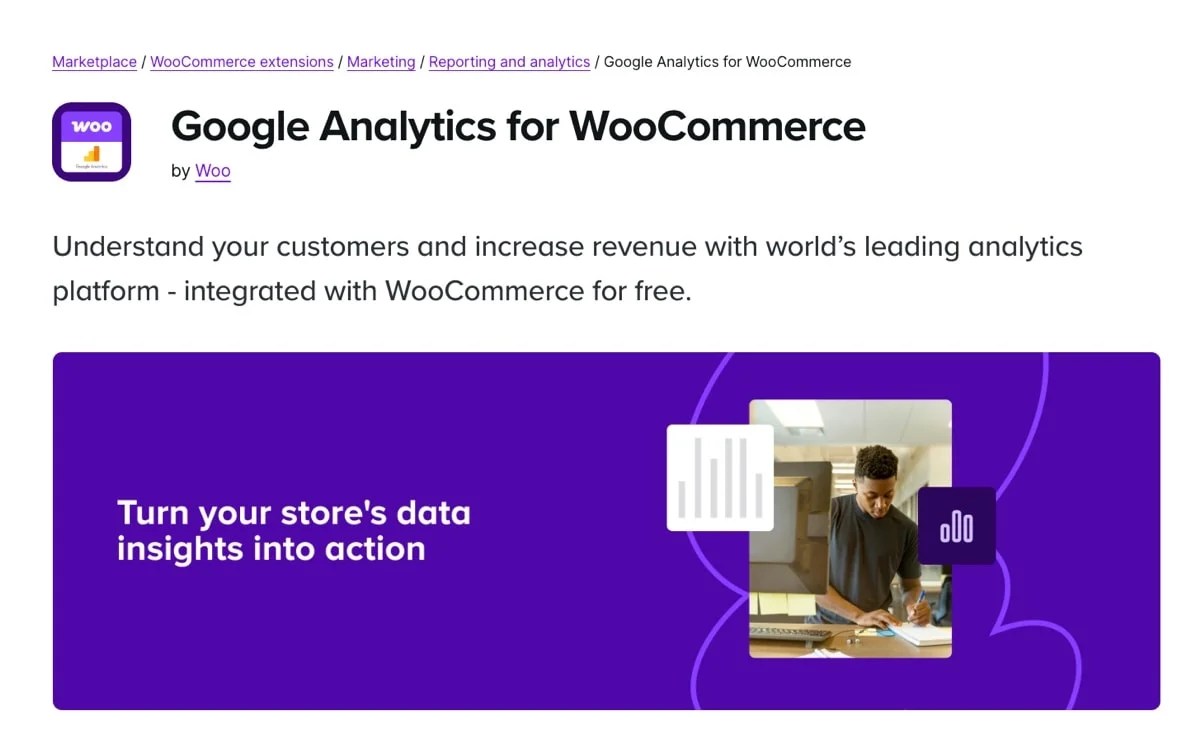Social media is a vital tool for ecommerce businesses to engage with customers. According to a report, 43% of internet users discover new products or services through social media. However, starting out can be overwhelming as you decide where to focus your efforts and how to market your business effectively.
The first step is committing to the work. With a solid strategy, things will get easier, and consistency will pay off.
An effective social media strategy should be:
- Authentic to your brand identity.
- Aligned with customer needs.
- Focused on delivering value.
- Grounded in data and experimentation.
These goals help integrate your social media presence with your overall business strategy. With flexible tools and a community-centered approach, ecommerce businesses can create a social media plan that aligns with their unique store and vision for customer service.
A social media marketing strategy outlines intentional actions across specific platforms to support your business goals. It details how you’ll connect with customers and prospective customers, follow up with prospects, and keep current customers engaged with increasing enthusiasm for your brand.
The strategy should consider how each step relates to your brand’s mission, ensuring authenticity in messaging while maintaining consistency with brand visuals, tone, and language.
A social media marketing strategy brings intention to your use of platforms as you connect with customers. Regular posting is a start, but it’s not enough, especially with the vast amount of information online competing for your customers’ attention.
Platforms like Facebook, Instagram, and TikTok have become powerful channels for ecommerce, with tools like Facebook for WooCommerce facilitating sales by connecting directly to your store.
A focused plan is essential to maximize every moment.
According to Sprout Social’s 2024 Social Media Content Strategy Report, 72% of marketers agree that a defined social media strategy directly supports business goals. Without it, you risk ineffective, siloed marketing or gridlock across a company. A strategy enables meaningful progress in growing brand awareness and business.
Most businesses are trying social media marketing, but a defined strategy gives you a competitive edge in production volume and effectiveness.
With hundreds of social platforms worldwide, even the biggest brands struggle to maintain an effective presence on each one. Whether your ecommerce brand is a team of one or one hundred, you must choose focus areas to dedicate the necessary resources for success.
Each platform has its strengths and weaknesses. You need to understand them to analyze them against your business structure and offerings. Choosing a platform is often the first step in a great social media marketing strategy. Here’s a comparison of popular platforms:
| Platform | Focus | Use Cases |
|———-|——-|———–|
| Instagram | Photos, short videos | Ideal for visual brands where aesthetics matter. Shopping features make purchases easy. |
| TikTok | Short-form video | Great for brands thriving on creativity and personality. Successful campaigns often involve product tutorials, user-generated content, and challenges. |
| YouTube | Short-form video, long-form video | Excellent for product demos, how-tos, behind-the-scenes, and building long-term brand loyalty with both brief and in-depth content. Great for affiliate and influencer marketing. |
| Pinterest | Images and inspiration | Highly-visual platform good for brands related to home decor, fashion, and DIY. Pinterest users are often primed for shopping. |
| Facebook | Text, images, video | A multi-purpose platform that’s a major hub for ecommerce, has a very wide audience, and boasts powerful ad targeting and marketplace integrations. |
| Threads, Mastodon, Bluesky | Text-driven conversations | Relevant for ongoing engagement and customer communication, these platforms work for brands wanting to maintain in-depth dialogue with customers. Service-based businesses and B2B companies may benefit more from these microblogging tools. |
| LinkedIn | Professional networking | LinkedIn is a good match for B2B brands or service businesses (coaching or courses) selling to businesses or professionals, especially in industries like consulting or SaaS. |
Social media marketing can take many forms, from organic posts and paid advertising to community-building, user-generated content (UGC), and influencer partnerships. A good plan will use a combination of these to strengthen your entire program.
Here are more elements of a successful social media strategy for ecommerce:
The right social media channels
Many businesses thrive on one or two social media channels before expanding to others. If your business found initial success on Instagram, adding a second platform — like Pinterest, which is also largely image-driven — can increase brand awareness and reach.
Start with a couple of channels where your target audience spends their time. Dive into the typical demographics for each platform and see which one best matches your buyer personas. Use any current analytics to evaluate which channels currently drive the most traffic to your store.
Learn more about choosing the right social media channels.
Consistency and authenticity
Social media algorithms reward consistency in your posting habits. Customers appreciate it too. When your posts reflect a unique voice that captures your brand’s ethos, it builds trust.
Are you humorous, with a





